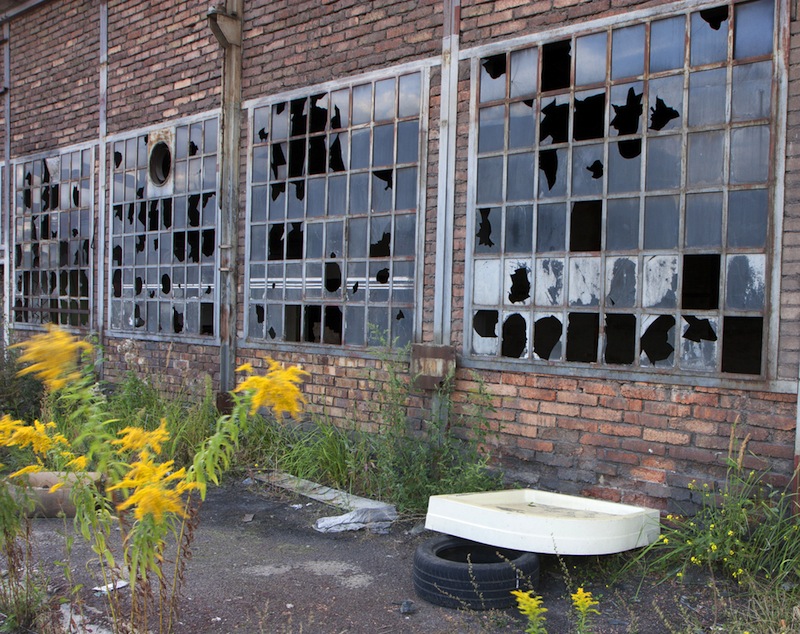Ferguson: Why Do People Riot?

The violence last night in Ferguson, Mo., was caused by residents and others angry over a grand jury's verdict not to indict a white police officer in the killing of Michael Brown.
The violence last night was caused by a form of mass psychology, in which people wanted to feel part of a larger group and some then resorted to violent behavior.
Are both explanations plausible?
Riots After Jury Fails to Indict Ferguson Policeman
In recent years, experts who study rioting have had plenty of material to work with, from American college students rioting after football games, to entire neighborhoods in Paris or London rioting over the handling of police arrests of minority youths.
Outside the stated reasons cited by members of the crowds -- in the Ferguson case anger over the grand jury's verdict -- there are also internal forces at work, according to Ken Eisold, a New York-based psychoanalyst who studies group behavior.
"It happens all the time," Eisold said. "All of us, even the most sophisticated, intelligent, educated person, is vulnerable to that kind of regression. It's as if you go back to an earlier stage in your own development, where you are much more susceptible to this kind of stuff. There's a primary need to belong to a larger group."
Get the world’s most fascinating discoveries delivered straight to your inbox.
Eisold says that large groups can often be pulled from peaceful protesting to violence by a few individuals who are more impulsive.
"There's a kind of release," said Eisold, who has written about rioting. "It's like you are allowed to behave in a more exuberant or freer way. Most of us lead lives that are very law abiding. If we have a chance to be more exuberant to give expression that we usually suppress. There's a temporary sense of euphoria."
In addition to internal motivations, there are also societal ones as well, according to Stephen David Reicher, professor of psychology and neuroscience at St. Andrews University in Scotland. "There are many theories of crowd behavior that discredit people, that project a moral disapproval, and say that people who riot are emotional or irrational or random," Reicher said.
Ferguson Riots: How Crowd Control Tech Works
"But on the whole, you find that rioting is not random, it has a logic to it. It expresses the perspective of the groups that feel marginalized. Martin Luther King talked about riots as a voice of the oppressed, of asserting power where you don't have power in other ways."
Reicher has worked as a consultant to police forces in the United Kingdom and Europe on finding ways to defuse crowds before they turn to rioting. He says that crowds are made up of a few people prone to violence, and others who want to keep the peace. The key is understanding what conditions influence both groups.
"If the police treat all members as dangerous, and they try to disperse everybody, ironically, those forms of intervention clear the field of those who don't want violence and leave those who do," he said.
The presence of a large armed police force confronting rioters can sometimes make things worse, he said.
Defusing a tense situation takes understanding about what the crowd wants, understanding who makes up the group, and being able to escalate and de-escalate the use or show of force slowly.
As a police force, "You don't go from zero to 100 in one step," Reicher said. "You start with small-scale interventions, and are always willing to step back."
Ferguson Follows Long History of Civil Unrest in US
Reicher noted that police officials in Ferguson were able to reduce tensions in August by having the chief get out and speak with protest leaders directly.
"If you can establish a relationship, you remind them that they are more than this regressive person who desperately needs to belong to a group," he said.
Originally published on Discovery News.


